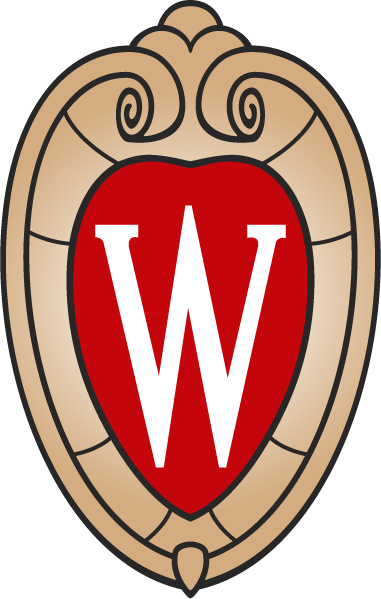
Fundamentals of IC Engine Performance and Thermodynamics
interpro.wisc.edu/RA01654 See upcoming datesCourse Overview
Students will learn why IC engines are important for cost effective portable power, and the important performance and thermodynamic principles of IC engines. Students will understand the use of IC engines, comparisons to other work cycles, performance criteria, combustion modes, pressure-volume work analysis, power, torque, efficiency, and MEP comparisons. Students will also learn how thermodynamics are applied to engines, the thermodynamic efficiency limit and why lean combustion is better.
Who Should Attend?
Students seeking a basic understanding of IC engine performance and thermodynamics and students interested in taking higher level IC engine courses.
Course Outline
Overview of IC Engine Systems
- Power Technology Comparison
- Combustion Cycles and Regimes
- Design Configuration and Criteria
- Current and Future Markets
Pressure-Volume Analysis, Work, and Power
- Power and Efficiency
- Piston Work Calculations
Applying Thermodynamic in Compression, Combustion, and Expansion
- Maximum Work of IC Engines
- Entropy and Thermodynamic Availability
- Properties of the Engine Cycles
- Heat Release and Specific Heat Ratio
- Combustion of Fuel with Air
Instructors
Michael Andrie
Michael Andrie is a program director and a researcher at the Engine Research Center (ERC) at the University of Wisconsin—Madison. He has more than 35 years of experience in engine development. Andrie began his engineering career at John Deere and then spent 17 years at Cummins Engine Company, where he managed and developed engines for the automotive, industrial, and marine markets. He joined the University of Wisconsin in 2007 and is active in research, mentoring, consulting, and continuing engineering education. Andrie holds several patents and is author on numerous publications. He also serves as the program manager for the over 35 members of the “Direct-injection Engine Research Consortium” (DERC) and the Biennial ERC symposium. Andrie holds a bachelor’s and a master’s degree in Agricultural and Mechanical Engineering from the University of Minnesota.
David Foster
David Foster is the Phil and Jean Myers Emeritus Professor of Mechanical Engineering at the University of Wisconsin-Madison, and the past director of the UW Engine Research Center. He has more than 40 years of experience in diesel and spark-ignition combustion research, and continues to be a consultant throughout the internal combustion engine industry and at US National Laboratories. Through these efforts he has gained practical engine development experience to complement his expertise in the fundamental sciences. Foster holds a doctoral degree in mechanical engineering from the Massachusetts Institute of Technology.
Upcoming dates (1)
Fundamentals of IC Engine Performance and Thermodynamics
Register through: Jun. 30, 2024
Location: Online
Course #: RA01654-D145
Fee: $295
interpro.wisc.edu/RA01654
Fee
- $295
-
Course fee is $295.
Credits
- CEU: .4
- PDH: 4
Schedule
This course is available online anytime. Students will work through online course modules on their own time and at their own pace.
Instructor
David Foster
Location
This is an online course.
Topic:
Cancellation Policy
Once you have accessed the online course materials, no cancellations or refunds are permitted.
